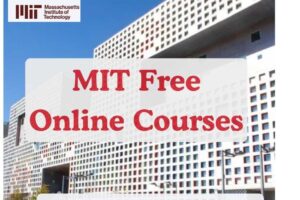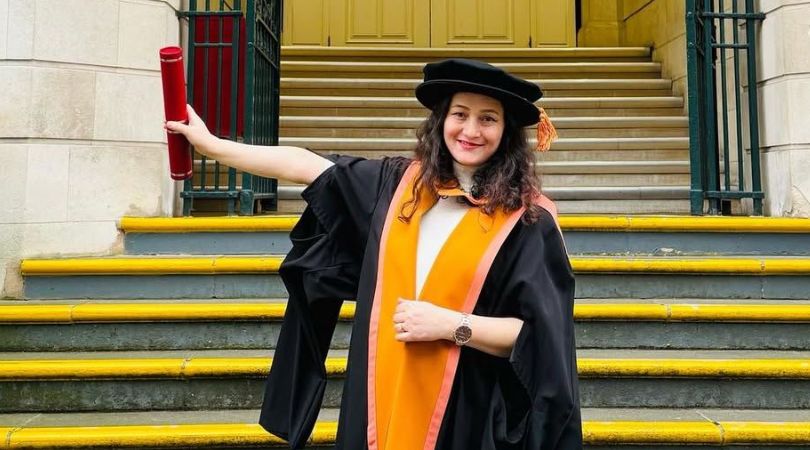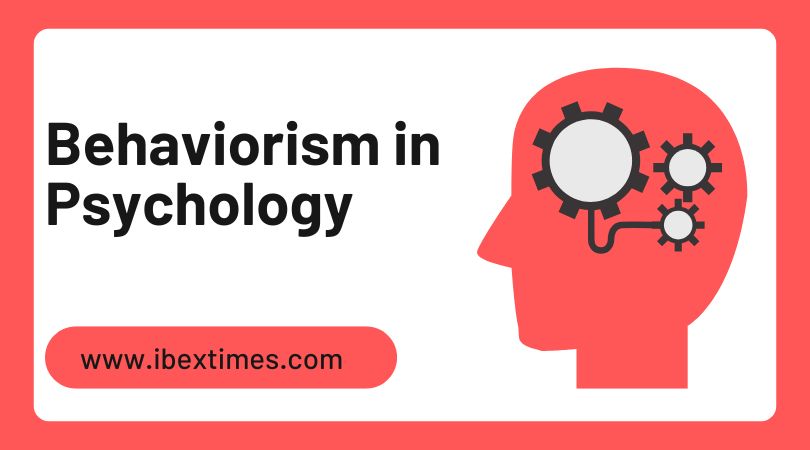This article presents a critique on classroom instruction of mathematics across the grades followed by suggestions in light of best practices to enhance students’ interest and performance in the subject.
What is the practice in vogue?
The development of procedural fluency is in focus when it comes to classroom instruction of mathematics across grades levels i.e. primary, secondary, higher secondary in third world countries including Pakistan.
Does this approach fulfill student learning requirements?
Mathematics teaching with this approach leads to the development of lower cognitive competencies rather than empowering students with problem-solving skills. Because, in such a scenario, teachers’ ultimate objective is to enable learners to solve lower-level numeric problems. The reason behind the adoption of this approach is certain tests administered to students which in most cases only helps assess lower-level cognitive abilities.
Essentials for Classroom instruction of Mathematics
In order to enable school and college students to solve problems of higher-order thinking, teachers must meet the following requirements:
1. Teaching Philosophy
Like any other subject, the teaching philosophy of a teacher plays an important role in teaching mathematics too. Teachers’ own presumption and conception regarding teaching mathematics shape the whole teaching-learning setting in the classroom. Hence, a teaching philosophy aimed at equipping learners with problem-solving skills is a prerequisite for the quality teaching-learning process at schools.
2. Pedagogical Content Knowledge
To be an effective teacher in any subject including mathematics, one should have strong pedagogical content knowledge. The pedagogical content knowledge refers to a ‘special blend of content and pedagogy that a teacher should have. One lacking alignment between teaching techniques and the content will fail in achieving the set objectives. In nutshell, a teacher should be demonstrating his/her own special form of professional understanding.
Strong content knowledge equips teachers with skills to connect different concepts and apply them in problem-solving. A strong pedagogical knowledge enables a teacher to select or find important ways for content knowledge delivery.
Thus without having these two essentials, the dream of effective teaching can not be realized.
3. Understanding of the curriculum
To be an effective teacher, a teacher needs to have a profound understanding of the centralized curriculum. In most cases, the mathematics teachers generally do not refer to the central curriculum as a regular reference. They refer to textbooks as the only source for teaching which results in narrowing down the learning scope. It would not be an exaggeration to state that the use of textbooks with their minimum utility across school systems hinders the achievement of objectives of the central curriculum.
It needs to be understood that though textbooks are the primary resources for instruction, they are not supposed to be the only resource for teaching and assessment. Thus, confining oneself with a single textbook will hinder the achievement of teaching objectives.
Conclusion
The only way to effective teaching and learning of mathematics passes through three important essentials, i.e. philosophy of teaching, pedagogical content knowledge, comprehension of curriculum. Therefore, motivated and developed teachers are important for the achievement of teaching-learning standards. Their absence will serve nothing except surface learning.













